 What Is The Gas Safe Register and Why Is It So Important
What Is The Gas Safe Register and Why Is It So Important
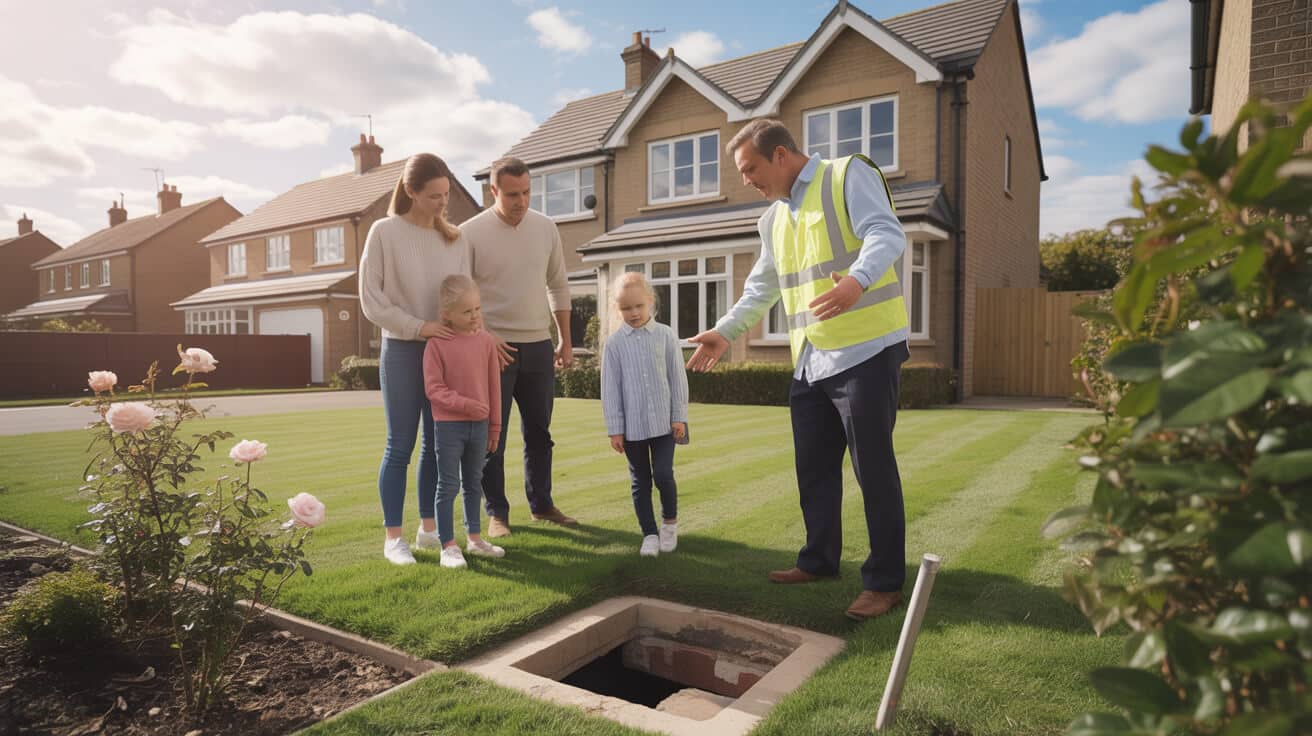
What Is the Gas Safe Register—and Why Should It Matter More Than Any Logo or Law for Your Property?
If you’re responsible for any UK property—home, flat, rental, business, or public space—the Gas Safe Register is not just a logo, a formality, or another box to tick. It’s the single barrier standing between you and the disasters that follow botched gas jobs: fatal carbon monoxide leaks, out-of-pocket insurance denials, legal shocks, and property damage that redefines “regret.” Gas safety in the UK is regulated not by goodwill or a handshake, but by a government-mandated, strictly-enforced database. Forget glossy badges and clever branding—this is about whether the person fixing, fitting, or inspecting your boiler is legally allowed within a mile of your gas line.
The price of trusting the wrong engineer can be a cost that echoes for decades.
Every year, silent mistakes made by unregistered or under-qualified installers surface as house fires, unexplained illnesses, or entire families fighting insurers and authorities after a disaster. Don’t discover what the Gas Safe Register is after an incident—know what it protects you from, how it works, and why compliance is not optional.
Gas Safe Register: The UK’s Gas Safety Firewall
The Gas Safe Register is the UK’s official list of legally qualified and insured gas engineers, run under direct appointment from the Health & Safety Executive (HSE). If an engineer’s name isn’t on that live database, they are not qualified; if the ID card isn’t current, their work is not legal. Full stop.
This is not a “nice to have”—it’s your only defence against:
- Incompetent or uninsured ‘cowboy’ tradesmen
- Life-changing health and legal consequences
- Denied insurance payouts and warranty losses
- Managed property liabilities that follow landlords and letting agents
Whether you’re hiring for a new installation, a routine service, or a twelve-minute ‘quick fix’ after hours, the Gas Safe Register is the only philtre that truly protects what matters most.
Who Runs the Gas Safe Register—and How Does It Actually Keep You, Tenants, and Buildings Safe?
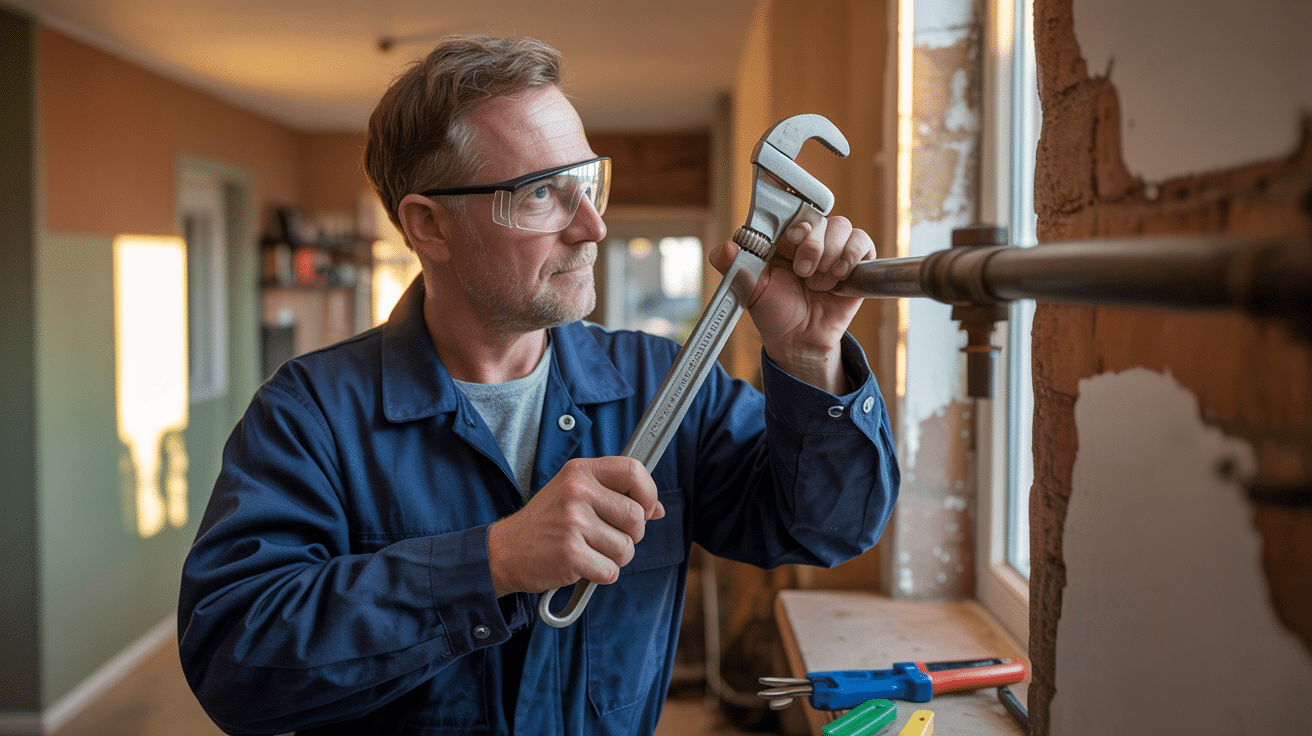
The Gas Safe Register is operated by Capita Gas Registration and Ancillary Services (CGRAS) on behalf of HSE, covering the entire UK including special zones like the Isle of Man and Guernsey. It is not optional, not a club, not a marketing badge—a legal gatekeeper with enforcement teeth. Only engineers who:
- Pass up-to-date technical exams:
- Hold active professional insurance:
- Maintain annual revalidation:
- Display a live, photo-tied Gas Safe ID card:
can call themselves legally “Gas Safe registered.” This isn’t a marketing slogan—it’s a legal definition with consequences for every stakeholder.
What’s Behind “Gas Safe Registered” On Paper?
At any job, the Gas Safe scheme sets out the rules and reasons for absolute certainty:
- Live, open, searchable engineer database: Anyone can verify a Gas Safe number using the public database or phone hotline.
- ID card checks: Engineers must present their Gas Safe ID card, which details exactly which appliances and settings (domestic, commercial, LPG, etc) they are legally certified for.
- Trainees and ‘helpers’: Only under the direct supervision of a listed engineer. No exceptions.
If an engineer can’t produce an up-to-date Gas Safe card and a match with the database, their ‘repairs’ are illegal from the start.
Why Does This Paperwork Obsession Matter?
Because an improperly installed boiler or poorly fixed hob can create leaks that linger hidden in a home or office for months, putting everyone at risk of gas explosions, fire, or silent CO poisoning. Every step of the Register’s process is built to ensure only the right hands touch your property’s gas system.
What Laws Make Gas Safety Registration Mandatory—and What Happens If You Get It Wrong?
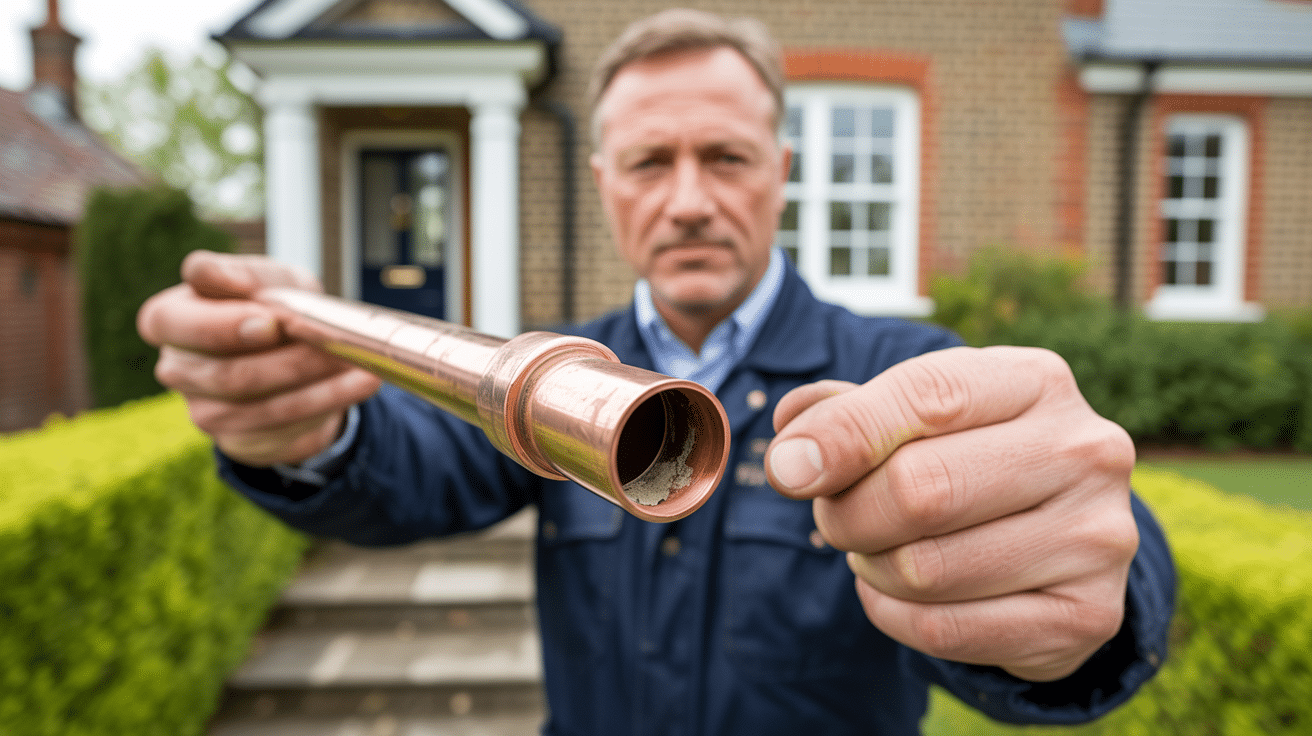
The Gas Safety (Installation and Use) Regulations 1998 make it a criminal offence to carry out any gas work in the UK if you are not Gas Safe registered. This doesn’t just apply to cowboy builders—it’s on property owners, agents, and businesses to check credentials and keep legal paperwork.
Legal Risks by Property Type: What’s on the Line?
| Stakeholder | Non-Compliance Consequence | Minimum Required Action |
|---|---|---|
| **Landlord/Agent** | Voided insurance, tenant claims, fines, inability to evict | Annual CP12 certificate; engineer check |
| **Homeowner** | Liability for accidents, warranty void, denied insurance | Prove engineer’s Gas Safe status |
| **Business Owner** | Loss of operating licence, PR disaster, prosecution | Schedule/verify all compliance checks |
The risk isn’t hypothetical. Government data regularly shows that hundreds of “unofficial” gas jobs injured or endangered clients in just the past year (Gas Safe Register; HSE 2023 statistics). And the law does not care if you “didn’t know”—it expects you to check.
A single missing gas certificate, or using the wrong person, is enough to leave you—and everyone on your property—unprotected by law and insurance.
Practical Steps to Stay Legal
- Always file and safeguard every Gas Safe certificate (CP12) in your property paperwork.:
- Demand and check the engineer’s Gas Safe ID card before work.:
- Check insurer requirements for gas appliances—most specify only Gas Safe work is covered.:
The ‘small pain’ of credential checking is nothing compared to the cost of skipping this step.
What Real-World Disasters Happen When You Ignore Gas Safe—and How Are the Dangers Often Invisible?
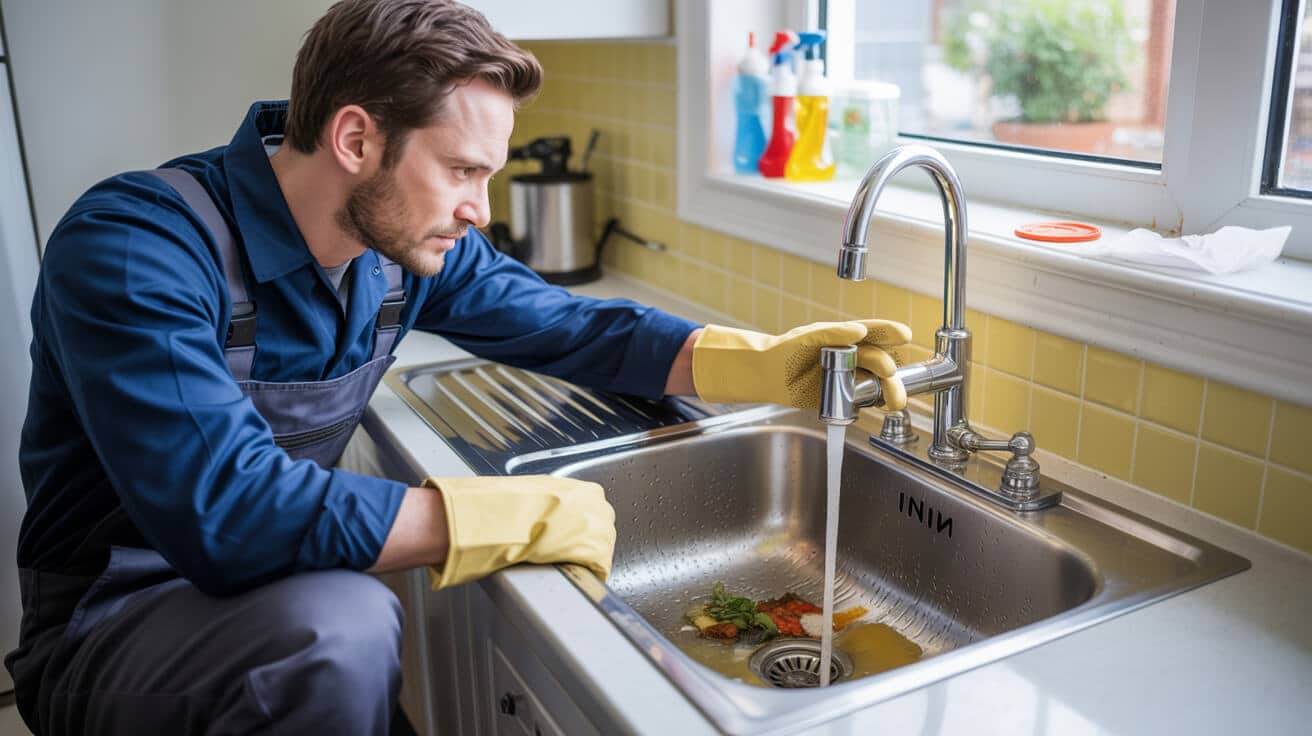
Gas accidents don’t always start with a bang. Most begin with “simple” shortcuts, invisible mistakes, or a “quick fix” from somebody who doesn’t belong anywhere near a gas line. Here’s why thousands of insurance claims, emergency callouts, and legal cases all point to Gas Safe as the dividing line between quiet safety and chaos.
Main Dangers When Gas Work Falls Outside the Register
- Silent gas leaks: Without a documented pressure test—standard for registered engineers—dangerous leaks may form in wall voids or under floors, potentially for months.
- Carbon monoxide exposure: Incorrect flue fitting, faulty combustion, or poor seals from a non-registered “installer” are the top causes of CO poisoning. Most nonfatal and fatal CO incidents arise from uncompliant work. *(Gas Safe Register; HSE data)*
- Material and appliance compliance failures: Use of unapproved parts or non-WRAS materials often fails inspections and can even result in forced removal at a homeowner’s or business’s cost.
- Insurance rejection: Insurers now routinely require the Gas Safe paperwork, not just for fire or explosion, but for *any* related appliance, even if “it worked” up until the event.
We thought it was just a small repair is what most clients say—right up to the point when a refused claim or major incident makes the consequences permanent.
Enforcement: What Gets Flagged and Who Gets Penalised?
- Gas Safe Register investigates over 1,000 unregistered gas jobs annually, classifying a third as “immediately dangerous.”
- Prosecutions are not symbolic—convictions come with fines, gaol, and property seizure.
- Most major UK letting and insurance bodies now make *continuous Gas Safe compliance* a non-negotiable legal standard for staying in business.
Why Should You Treat Gas Safe Paperwork Like Gold—And What Problems Does Skipping It Guarantee?
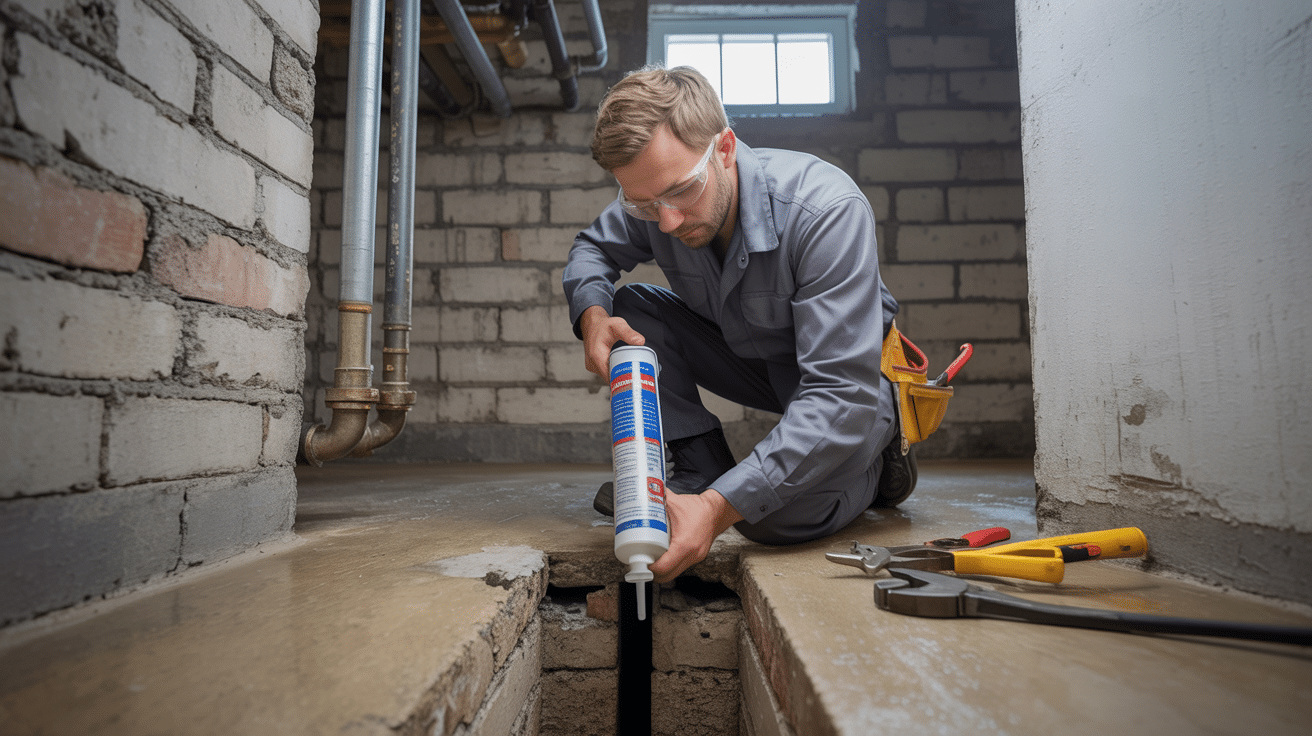
To lenders, buyers, tenants, and the courts, the only evidence that gas work is safe and legal is the Gas Safe certificate. Personal trust, “they seemed competent,” or invoices from non-registered traders are irrelevant and unenforceable. Lose the paperwork, and the important protections can instantaneously vanish.
What Does Paperwork Prove and Why Does It Matter?
- Homeowners: Need an up-to-date certificate for property sales; buyers’ solicitors regularly stall or demand discounts if it isn’t produced.
- Landlords/Agents: Missing certificate is a direct route to fines, compensation claims from tenants, and official orders to vacate or repair at your own expense.
- Businesses: Inspection or licencing renewal can be refused for a single missing or inexactly-completed certificate.
The difference between being covered and exposed is one sheet of paper or a digital copy in your email.
How to Keep Your House or Business Defensible
- Require Gas Safe ID—with matching details—for every visit.
- Insist on all paperwork on the day of service or installation, not “next week.”
- Store digital copies in property management apps—and keep an eye out for annual renewals.
- Create a habit: no one touches your gas line without presenting their current ID and paperwork.
Failure in this area moves liability—legally and financially—entirely onto you, the person “in charge.”
How Do You Spot a Real Gas Safe Engineer—And Philtre Pretenders Before Damage Is Done?
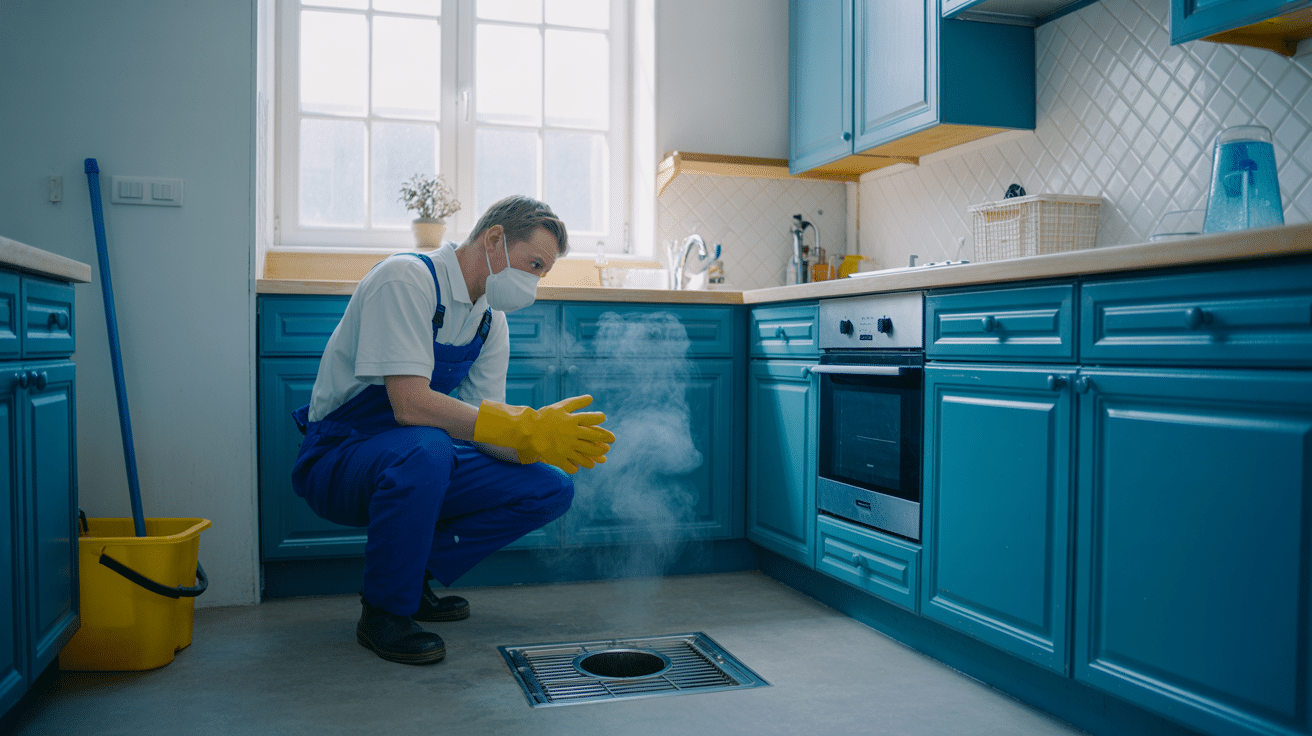
In practice, finding the real pros isn’t complicated—but the stakes demand you get it right. The engineer who welcomes your scrutiny, flashes their Gas Safe photo card, and knows their qualifications off by heart is looking after you. The one who hesitates, goes vague, or “lost their card” is putting your property and people at risk.
The Real vs. The Pretenders: A Field Guide
| Checklist | Genuine Gas Safe Engineer | Disqualifying Signals |
|---|---|---|
| Presents Gas Safe ID | Proactively, right away | Evasive, “left it in the van” |
| ID Card Details | Current, correct, appliance-licenced | Expired, altered, not matching records |
| Explains Coverage | Lists systems they are licenced for | General statements, can’t specify systems |
| Consistency with Register | Name and card both confirmable on www.gassaferegister.co.uk | No match on register |
The old “CORGI” badges have zero weight since 2009. Flashing that badge means the installer is out of date and out of compliance.
When in doubt, check online. If an engineer pushes back, halt work until you see the card and confirm the details.
Spot the Red Flags That Lead to Trouble
- Expired, missing, or copied cards.
- Excuses about “recent renewal” or blaming paperwork bottlenecks.
- Unwillingness to explain anything about their licence or scope of work.
True professionals expect to be checked. If the engineer doesn’t want scrutiny, something is wrong.
What Legal Firepower and Enforcement Actually Protects You as the Client?
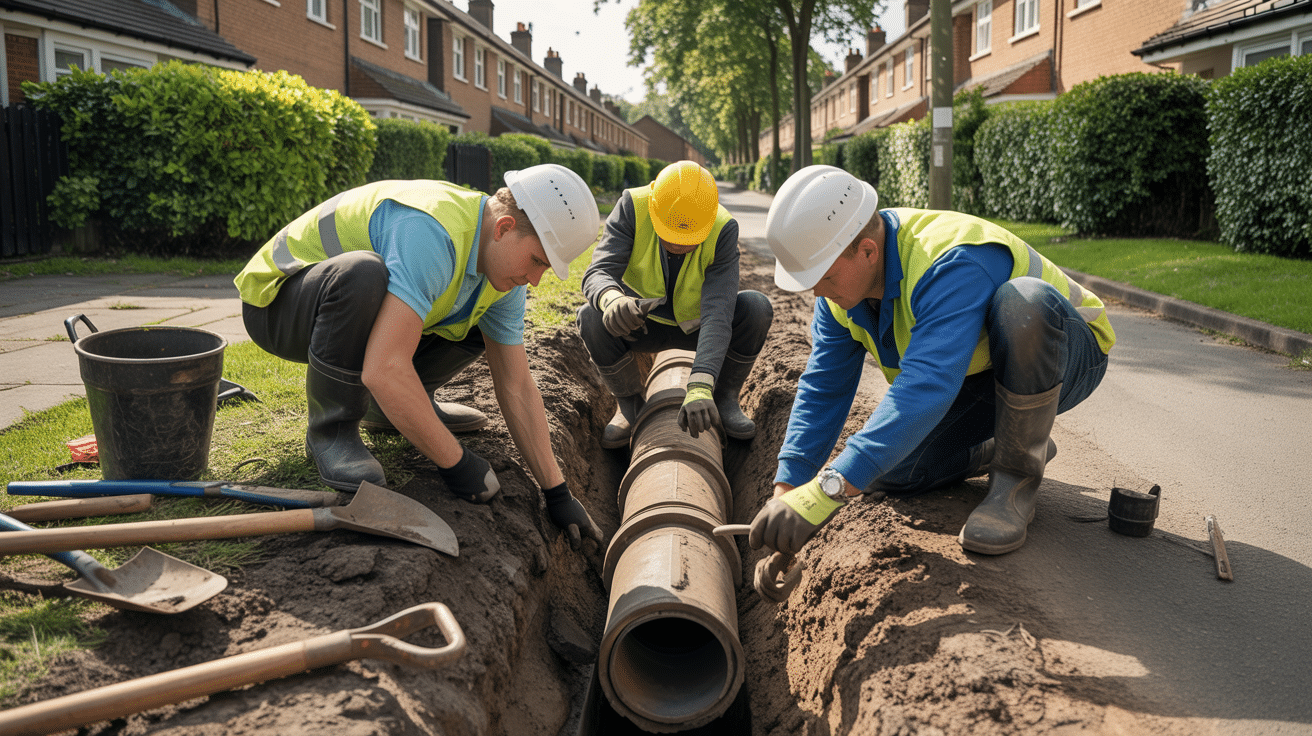
The Gas Safe Register isn’t self-policing. Unregistered and incompetent engineers are actively hunted using audits, undercover jobs, random site visits, and close links with the HSE and Trading Standards. These aren’t scare stories—they’re standard operating procedure.
What Happens If You Suspect Something’s Wrong?
- Anyone: —homeowner, landlord, agent, business manager—can instantly check or report an engineer using the Register’s website or phone line.
- Formal investigations: open if illegal or poor work is suspected, covering both the engineer and any supervising contractor.
- Engineers found outside compliance: can be barred, named, fined, and prosecuted—publicly. Property managers and agents who knowingly use such services are also liable.
After the fact, I didn’t know doesn’t hold up. Every letting agent, landlord, and homeowner should be actively checking at every stage.
How This Powers Up Your Property Protection
- You get assurance that the person working in your home is answerable at the highest level.:
- Complaints don’t vanish—they’re tracked, investigated, and can lead to system-wide alerts.:
- Spot checks keep everyone honest—compliance isn’t a static test, but an ongoing discipline.:
The upshot? You’re never relying on goodwill or hoping nothing goes wrong—the system is built to root out risk.
How Does Plumbers 4U Guarantee Gas Safe—And Why Is “The Process” More Than an Engineer’s Badge?
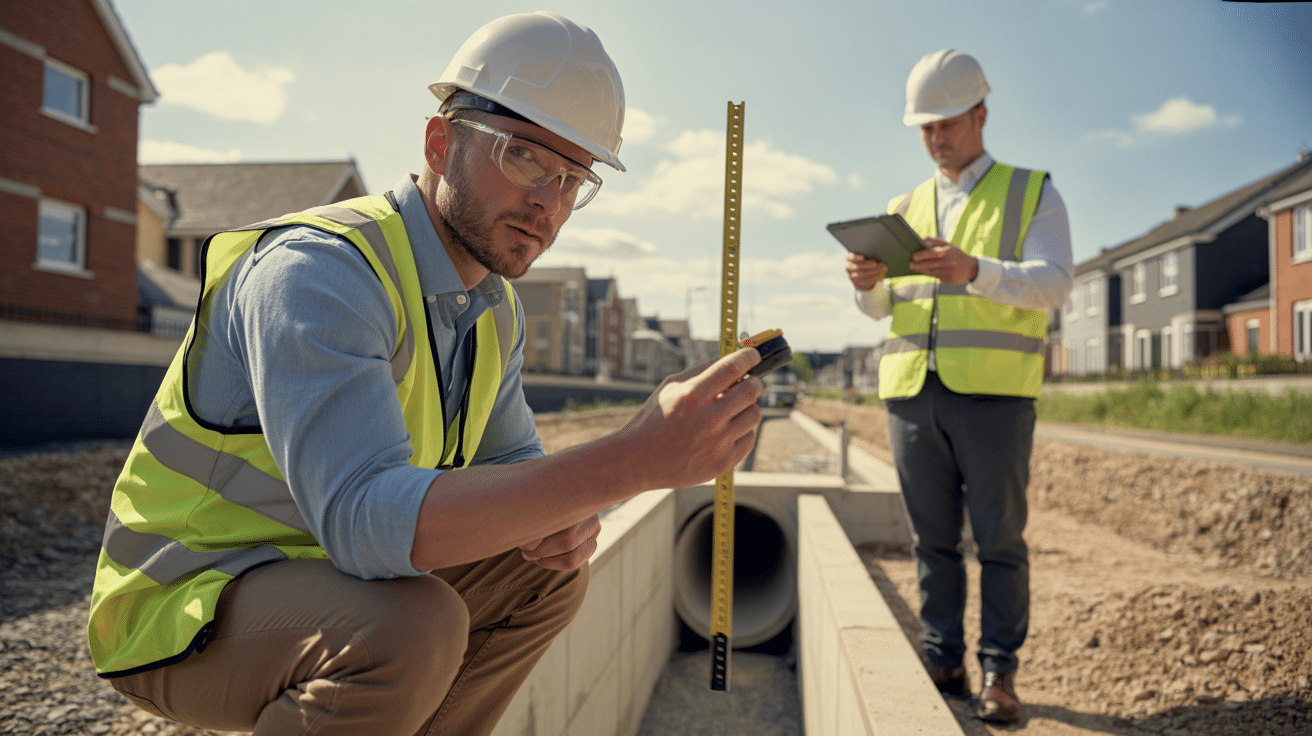
It’s easy to pay lip service to “safety” or hide behind a registration number. What separates true leaders is process: how Gas Safe is woven into every booking, every handover, and every aftercare step. Plumbers 4U have built a reputation around certification, repeat verification, and client transparency—it’s in our DNA, not just our marketing.
Practical Gas Safe Protections from Plumbers 4U
- Every engineer, every job: Only current, cross-checked Gas Safe registered engineers ever attend your property. ID and credentials checked twice—by the office, then by the client.
- Automatic, same-day certificates: No chasing, no “lost paperwork.” CP12s, service sheets, and installation records are left with you or sent digitally before the engineer departs.
- Clear step-by-step compliance: Engineers explain what’s happening, what appliances they’re licenced for, and why each record matters. They never rush, and they always invite your questions.
- National, rapid-response coverage: Emergencies and planned upgrades alike—Plumbers 4U covers it all, from a Saturday-night water leak to an annual compliance audit or property sale.
Any uncertainty, hesitation, or lack of documentation—walk away. With Plumbers 4U, you are always shown, never told, that your compliance is airtight.
What Does This Mean for You as a Plumbers 4U Client?
- Fast, straightforward bookings—nationwide.
- No paperwork headaches—documents delivered automatically and stored digitally.
- Clear, predictable cost—quotes are transparent, and there are no hidden admin fees for doing the job properly.
- Full compliance follow-through—reminders for renewals, aftercare checks, and ongoing support are all part of the package.
Other providers may cut corners; Plumbers 4U insist on building your peace of mind into every repair.
Your Next Gas Decision: “No Card, No Work”—Trust Plumbers 4U for Real Gas Safe Confidence
Whether you are a homeowner, a landlord, letting agent, facilities manager, or local authority officer—the Gas Safe Register is your ultimate tool for defending property, lives, and your own reputation. There’s no negotiation: No Card, No Work. That’s why Plumbers 4U ensures every assignment is led by certified professionals, systematically documented, compliant from start to finish, and always engineered to the very latest British standards.
Choosing Plumbers 4U means you never have to cross your fingers or “hope for the best”:
- Rapid, national coverage—emergencies and planned calls handled with priority
- Absolute, automatic Gas Safe compliance—certificates in hand, every time
- Upfront, detailed pricing—no grey areas, no “extras” for official paperwork
- Ongoing support—annual reminders, safety checks, and digital record-keeping that stays with you or your property
Insist on proof, value real documentation, and never accept vague promises. With Plumbers 4U, every job leaves you with safety that’s certified, not assumed.
Ready to feel confident about your next gas decision? Our team is on standby—book safe, stay secure, and let us take care of the protection your property deserves.
Frequently Asked Questions
How can you be certain your gas engineer is genuinely Gas Safe and not risking your property?
A Gas Safe badge on a van proves nothing unless the process behind it is watertight. The fullest protection comes from a series of checks you can see and verify—from the ID in your hand to the digital trail matching every job, appliance and visit. Every real Gas Safe engineer is trained to expect questions and document each step, never cutting corners or leaving paperwork for “later.”
“If trust feels like blind faith instead of proven steps, it’s time to slow everything down.”
What concrete steps verify Gas Safe compliance at every stage?
- Photograph both sides of the Gas Safe ID card—appliance categories and expiry are as vital as the name.
- Run the engineer’s licence number through the Gas Safe Register *as they arrive* (never after). This is a public database and takes moments.
- Certify that every receipt, log and certificate includes the engineer’s name, ID number, and date; unsigned documents are red flags, not admin errors.
- Always ask for evidence if you weren’t present—dated job photos or digital repair logs should be available on request.
- For landlords, enforce that every CP12 certificate is current (within 12 months), correctly filled, and easily retrievable for all legal, sales and letting queries.
With a process like this, you’re not just covering yourself—you’re setting a new bar for asset protection. Work with teams who welcome this scrutiny; those who hesitate are risking your future.
Why do so many valid-seeming jobs unravel with insurers and lenders—leaving owners liable?
Even flawless plumbing doesn’t shield you if the compliance trail is patchy. Insurers and underwriters have little sympathy for “looks right” when your gas work isn’t provably documented, checked and signed. In practice, the burden of proof is now on the owner—gaps in your certification become loopholes for refusals, delayed sales, or weeks of lost rent.
Which missing pieces most often catch owners out?
- Paperwork dated but unsigned, or lacking an ID number, voids most warranties—manufacturers won’t bend.
- CP12 certificates for landlords older than 12 months are now routinely rejected by letting platforms and council audits.
- Appliances installed by someone who “used to be” Gas Safe often trigger claim refusals when insurers double-check registers.
- DIY or unregistered work is a growing cause of lost payouts; insurance loss adjusters can spot an “off-books” instal within minutes.
- In property sales, solicitors increasingly request digital copies of gas records before exchange—even old jobs can stall a deal.
“A missing certificate isn’t a small paperwork error—it’s a blank cheque for every risk-taker down the property chain.”
How do you insulate your investment from costly surprises?
- Store every certificate in redundant formats—cloud plus paper or phone, not just a file drawer. Scanned images count if originals are lost.
- For any major job or upgrade, make paperwork *a phase of the work*, not a later add-on—check before payment or progress.
- Use digital calendars for CP12 renewals and check-in reminders—an expired certificate is a legal and financial trap.
- When inheriting or buying, audit the full compliance record before contracts swap hands; chase gaps before they become deal-breakers.
Airtight documentation isn’t red tape—it’s the backbone of financial resilience, sales momentum, and legal confidence for owners, landlords and agents.
What invisible gas risks are most often missed until they turn into a crisis?
The most dangerous failures don’t make a sound. Backflow, carbon monoxide, or latent leaks can stay silent for months—until a simple audit, health issue, or regulatory check flips the script. Gas Safe compliance at every instal and repair is a non-negotiable shield; “seemed fine at the time” is never good enough.
Which hazards does a proper Gas Safe protocol shut down in advance?
- Flue piping in the wrong zone, or subtle blockages, hiding slow CO leaks that build up for months. Health impacts are often blamed elsewhere until traced back by a late audit.
- Unvented combustion or incorrectly routed vent pipes cause invisible damp, toxic air recycling, or pressure imbalances—especially in shared spaces or renovations.
- Ad-hoc fixes (the “mate can sort it” approach) leave legal time bombs when faults are uncovered by insurers, block managers, or after a near-miss.
- A single missed check on a commercial site can bring not just insurance refusal, but legal investigation—multi-site managers have faced six-figure claims for one forgotten test.
- Home sales or remortgages are delayed or blocked outright if sales packs lack a provable, unbroken compliance record—this is now standard practice for major agents and lenders.
“Risk isn’t what you see—it’s what you assume someone’s checked, and what gets found too late.”
How common are near-miss events in the UK?
Gas Safe and HSE data confirm roughly 20% of failed safety checks are tied to unregistered or poorly certified work, with hidden CO leaks and backflow issues forming the costliest claims. Over £40 million is lost annually to insurance denials linked to missing certificates or unproven engineer status—costs felt months or years after the original work (Gas Safe, HSE 2023).
The only real protection is full, live compliance—proven every stage, for every appliance and engineer ID. Anything less isn’t just a risk—it’s an accident waiting for a witness.
How do property portfolios and multi-site managers keep top-to-bottom gas compliance alive?
If you manage more than one property, you’re not just dealing with paperwork—you’re managing systemic risk. A single expired certificate or missed test can block letting, insurance, and even force asset write-downs. The market now expects live, digitally archived compliance trails and instant proof—manual “good intentions” are outmatched by regulators, portals and audit algorithms.
What’s the gold standard for scalable, audit-proof compliance?
- Track every site’s CP12 expiry and test window with cloud-based reminders—treat it as seriously as payroll or tax.
- Build a living digital archive—one folder per address, containing engineer files, certificates, job logs, and timestamped photos.
- Pre-approve (and spot-check) every contractor’s Gas Safe ID before giving them access; don’t accept “I’ll show it later” as policy.
- Insist on group service logs for blocks or commercial jobs—individual engineer ID, signature, scope and time for each unit involved.
- In emergencies, the standard matches a routine fix: completed docs and digital records before the property is back in use.
“Portfolio risk is never isolated. The first missing document exposes you everywhere, not just where someone looks first.”
How is the compliance bar shifting for large-scale managers?
Local authorities and top letting agents now enforce property-wide audits—licence approvals are denied if even one address is missing a timestamped certificate. Some insurers run automated checks, declining bulk renewals when records aren’t up-to-date. Market leaders use scheduling, notification, and audit templates as core tools, making compliance a visible strength for clients and partners.
Proactive management isn’t just about avoiding penalties—it’s now a core metric in rental, sale, and insurance negotiations.
What should you do immediately if you suspect illegal or unregistered gas work on your property?
Trusting your instincts and acting swiftly can protect lives and reputations. If a job seems suspect—wrong paperwork, no ID, vague credentials or evasive explanations—it’s not just your right, but your duty, to halt progress and escalate. This isn’t confrontation; it’s professional safeguarding.
What sequence of actions brings instant control to a suspect situation?
- Politely but firmly stop all work and explain you need verification before allowing further access.
- Discreetly collect photos of the person, vehicle, paperwork, and any unfinished work—it’s evidence, not accusation.
- Cross-check the licence number on the Gas Safe Register; if it fails, call their reporting hotline immediately.
- For rental and managed properties, notify agents, block managers or licencing authorities upfront.
- Book an independent Gas Safe inspection—if any risk is noted, demand a written safety status before resuming normal service.
- Any gas smell, CO alarm or symptoms? Phone the National Gas Emergency Service (0800 111 999) without pause.
“Prevention means speaking up. Reporting isn’t a burden—it’s the new rule for safety, compliance, and management.”
What official steps follow your report?
The Gas Safe Register investigates all reports, sometimes sending field inspectors to check or shut installations until recertification. Expect your insurer or agent to request evidence. Any undone or unsafe work must be rectified by a registered engineer—restoring your legal and financial protections. Your intervention stops the risk for everyone, not just your asset.
How does Plumbers 4U eliminate gas compliance guesswork for every kind of client?
Gas compliance shouldn’t be an extra chore, and it shouldn’t rely on your memory, trust, or detective skills. That’s why Plumbers 4U hardwires compliance into every step of service—making visible, defensible Gas Safe practice a feature, not an afterthought.
What does comprehensive Gas Safe service actually deliver, day to day?
- Our engineers show current, verified Gas Safe IDs at the door—no exceptions, every visit.
- Every repair or key action is logged in real time: digital and printed CP12s, service logs, and “before and after” photo reporting.
- Group service and portfolio clients receive centralised, instantly-shareable files—matching every compliance check or letting agent request.
- Even emergencies get our audit-level approach: paperwork is issued before systems are returned to use, never “to follow.”
- We empower you with a digital compliance trail—one click away for audits, renewals or property sales—so you never search for proof under time stress.
Plumbers 4U isn’t just a plumbing or heating brand. It’s a hassle-breaker, reputation-protector, and a built-in risk manager for everyone from homeowners to institutional property managers. Take back your certainty—and make audit, safety, and value protection core to the way your property runs.
